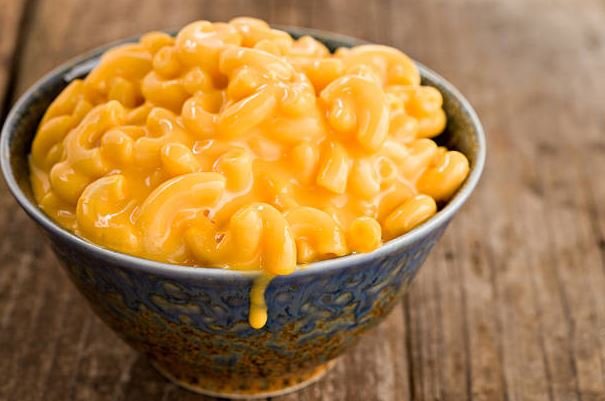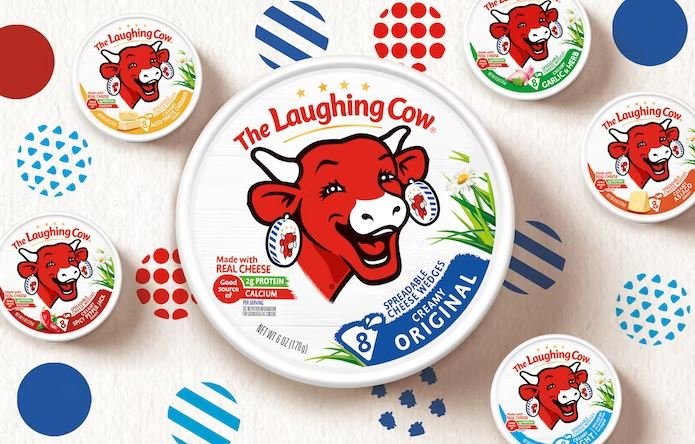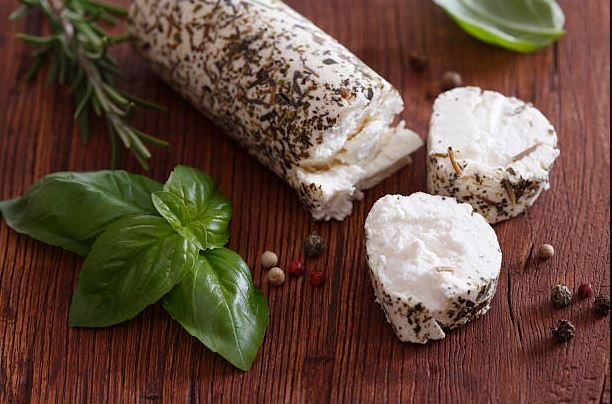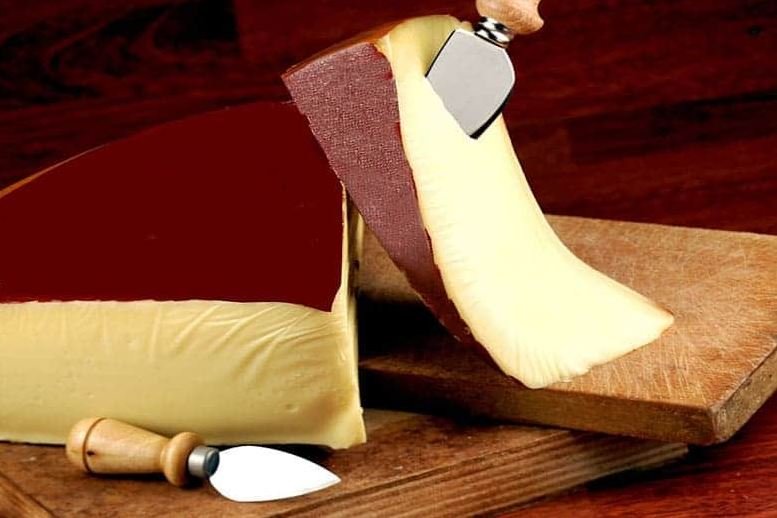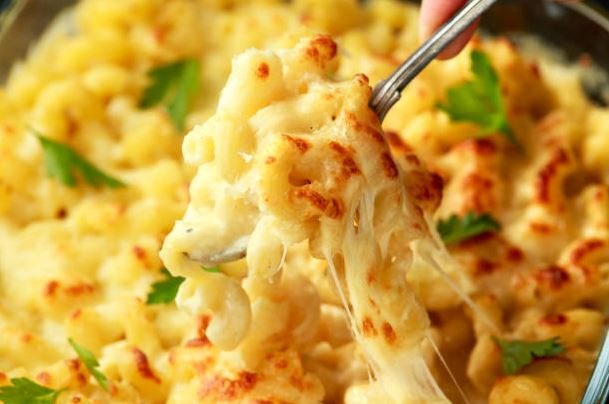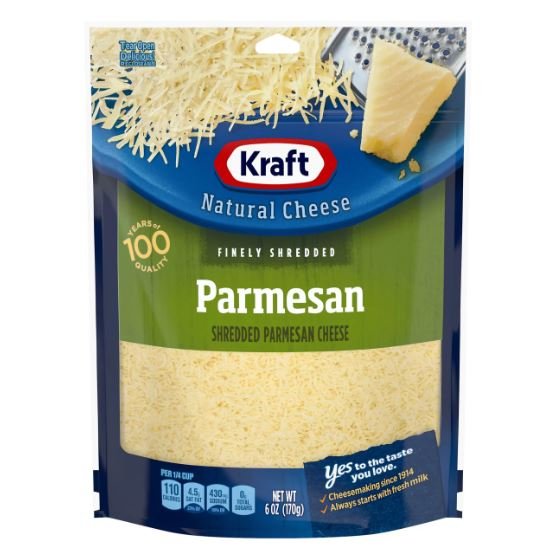Cats are known for being fickle creatures. They like to have their way and will often reject things their owners put in front of them. However, some things are too good to turn down. Cheese is one of those items.
So, can cats have cheese? Yes, cats can eat cheese.
Cats are obligate carnivores and need meat-based protein to get the nutrients they require, but if your cat is like most felines, he probably won’t turn down a tasty cheese treat, especially if you’re eating some. If you want to give your cat cheese a special treat, go with low-fat varieties like mozzarella or cheddar.
It’s not uncommon for cats to love cheese! The strong smell and unique texture make it very enticing for many felines. However, it’s important not to overdo it with the cheese.
While a little bit of cheese won’t hurt most cats (unless your cat has a milk allergy or lactose sensitivity), too much dairy isn’t good for them. It can cause stomach upset and contribute to obesity, two things that no cat wants or needs.
Is Cheese Safe For Cats?
Many cats love the taste of cheese, but it doesn’t mean it’s good for them. In short, yes, some cheeses can be given to cats. However, it’s important to keep in mind that some types of cheese are healthier for cats than others (just like for humans). In addition, portion size is key to a safe and healthy diet for your cat.
RELATED:
Can Fish Eat Cheese: Can I Give Cheese To My Pet Fish?
Can Dogs Have Cheese: Is Cheese Safe for Dogs?
Can Rabbits Eat Cheese: Should I Give My Bunnies Cheese Treats?
Cheese isn’t toxic or poisonous to cats, but it can be harmful in large amounts because most cats are lactose intolerant.
This means they don’t have enough of the enzyme needed to break down lactose, the natural sugar found in milk. When a cat eats something containing lactose, it can cause digestive upset, including diarrhea and vomiting. How much cheese will cause these symptoms to vary from cat to cat, so you’ll need to use your judgment based on your pet’s size and weight?
If your cat isn’t lactose intolerant, then you should be able to include small amounts of cheese in her diet. Cheese contains a lot of fat and salt, so it should only be given as an occasional treat.
If you notice any stomach upset after your kitty has eaten some dairy products like cheese, discontinue feeding it immediately and make sure you consult your veterinarian for advice on suitable treats for your cat.
The good news is that most cheeses won’t harm your cat in small amounts. However, it’s important to remember that giving your cat too much cheese may cause stomach upset due to lactose intolerance, just like in people.
The amount of cheese you should feed your cat depends on the type of cheese being fed. Soft cheeses such as cottage cheese or cream cheese contain more fat than hard cheeses, so they should only be fed as a treat occasionally. Cottage cheese is a good choice because it contains lactose in small amounts and is relatively low in fat. When feeding your cat hard cheeses such as cheddar or Swiss varieties, cut the portion size down to tiny nibs-sized chunks.
Why Can Cats Have Yogurt But Not Cheese?
Most people believe that cats can have yogurt but not cheese. Cats can have cheese but in moderation. While most cats love the taste of cheese, the truth is they don’t need it to survive. Cheese is high in fat and calories, so small amounts sprinkled on food or given as a treat should be fine.
But giving your cat too much dairy can lead to digestive issues such as diarrhea or upset stomach because cats are lactose-intolerant.
For humans and other mammals, lactose can be digested perfectly well while we are babies, allowing us to easily digest our mother’s milk (or formula, if need be). As we grow older, however, our ability to digest lactose diminishes.
The same is true for cats. In cats, the amount of lactase slowly starts dropping around the time of weaning and continues to decline as the cat gets older. So adult cats often can’t digest things like cheese because they lack enough lactase in their bodies to process it properly. Yogurt is a different story because its fermentation process breaks down much of the lactose before it gets eaten by your kitty!
However, some cheeses are safe for cats to eat and will not bother their sensitive digestive systems as much as other kinds of dairy. For example, aged cheeses like Parmesan, cheddar, Swiss, and Monterey Jack have less lactose than younger cheeses like mozzarella or cottage cheese.
What are some benefits of eating cheese for cats?
Are you tired of being told that cheese is bad for your cat? Indeed, cats don’t need cheese to live, but there are some pretty good benefits of eating cheese for cats, and you don’t have to feel guilty about sharing your favorite snack with your cat.
Cheese contains many nutrients that are good for your feline’s health. The protein in cheese provides your cats with energy, while the fat content helps their body absorb vitamins and minerals more effectively. Calcium, phosphorus, and vitamin A are also found in cheese, which can help keep your cat’s bones and teeth healthy. Cheese also contains some vitamins B2 and B12 and zinc and selenium. In addition to providing your cat with many healthy nutrients, the smell will encourage him to eat the cheese more readily than other foods.
Cheese also has calcium and phosphorus, which can help strengthen a cat’s bones and teeth. And just like in humans, the fat in cheese provides energy to keep your kitty up and running. So break out the crackers and cheddar; as long as your cat is healthy, cheese can be a great treat for her.
Because of its high-fat content, cheese is an occasional treat only. If you will give your cat cheese, make sure that the pieces are small and monitor her when she has it to ensure that she doesn’t get sick.
What are some risks of feeding cheese to cats?
When it comes to cats and cheese, you may have heard that most cats don’t like it. While this is generally true, some cats do enjoy the taste of cheese. After all, cheese has a rich, creamy flavor that both humans and felines can enjoy. However, some cats like cheese, don’t mean they should eat it. Here’s what you need to know about feeding your cat cheese and the potential risks.
Cheese is high in fat and calories, contributing to obesity and pancreatitis in cats. Cheese also contains lactose, which many adult cats are unable to digest. This can lead to digestive upset, including vomiting and diarrhea.
Cats generally do not need dairy in their diet, so providing cheese as a treat should be done in moderation. Some cheeses are not safe for cats, and some can even be dangerous. If you want to give your cat cheese as a treat, choose types that are low in lactose, such as Swiss or Parmesan cheese. Other safe options include cottage cheese or yogurt (plain or with fruit). Avoid string cheeses or any other cheese that may contain potentially life-threatening additives or ingredients.
What should you do if your cat doesn’t like cheese?
Cats are famously picky eaters, so it’s important to note when your cat seems to be turning up its nose at a new food. Though your cat may not like cheese as much as you might think it does, that doesn’t mean you should let it go entirely.
If your cat doesn’t like cheese, you may have to try another food and healthier cat treats.
Even if your cat likes cheese, it’s not a good idea to give it too much of it. Cheese has a high-fat content and may cause gastrointestinal problems in cats if they eat too much of it. Also, be aware that eating certain types of cheese can cause diarrhea in cats.
Ask your veterinarian before feeding them any of it if you’re not sure whether your cat likes cheese or whether a particular type of cheese will make them sick. They will be able to tell you what’s safe for your feline friend to eat and how much of it is okay for them to have.
While cheese should not make up a major part of your cat’s diet, it is perfectly safe for cats to eat in small amounts occasionally. Remember that cats are carnivores, and their digestive systems are built to handle meat, not the lactose (milk sugar) found in cheese.




